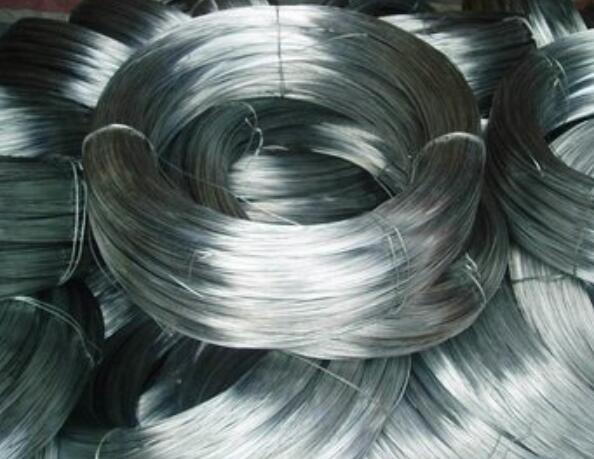Woven Screening A Versatile Solution for Modern Applications
Woven screening refers to a method of filtration and material separation using finely woven fabrics or mesh screens, which are crafted from various materials like metal, plastic, or textile fibers. This technology has numerous applications across various industries, offering practical solutions to challenges in filtration, separation, and decoration.
One of the primary uses of woven screening is in water treatment and filtration processes. Water systems often face the challenge of contaminants, which can range from large debris to microscopic particles. Woven screens effectively filter out these impurities, ensuring clean and safe water supply. The fine mesh allows water to pass through while trapping unwanted substances, making it an essential component in municipal and industrial water treatment facilities.
In the construction and architectural sectors, woven screening is gaining popularity as a design element. Architects and designers utilize these screens to create stunning facades, adding both aesthetic appeal and practicality. Woven metal or synthetic screens can reduce heat gain, enhance privacy, and improve ventilation without obstructing visibility. This unique combination of functionality and style makes woven screening an excellent choice for modern buildings.
woven screening

Moreover, woven screens play a critical role in agriculture and horticulture. They are employed in greenhouse applications to protect plants from pests while allowing sunlight and air circulation. Different mesh sizes can cater to various crops, ensuring optimal growth conditions. By effectively preventing insect intrusion, woven screening supports sustainable and organic farming practices.
In terms of industrial applications, woven screens are integral in processes like mining, food processing, and recycling. They facilitate the separation of materials based on size and type, ensuring efficiency and productivity. For instance, in the food industry, woven screens are used for sifting flour, filtering liquids, and even in packaging processes.
Additionally, the versatility of woven screening materials allows them to be customized for specific applications. With advancements in technology, it's now possible to produce screens with unique properties such as corrosion resistance, UV stability, and varying pore sizes. This adaptability makes woven screening a top choice for businesses seeking efficient and reliable solutions.
In conclusion, woven screening is a multifaceted technology that serves considerable functions across diverse industries. From improving water quality and enhancing architectural designs to supporting sustainable agriculture and streamlining industrial processes, its applications are vast and impactful. As innovation continues to drive this field forward, woven screening will undoubtedly play a pivotal role in addressing the challenges of modern society.

















